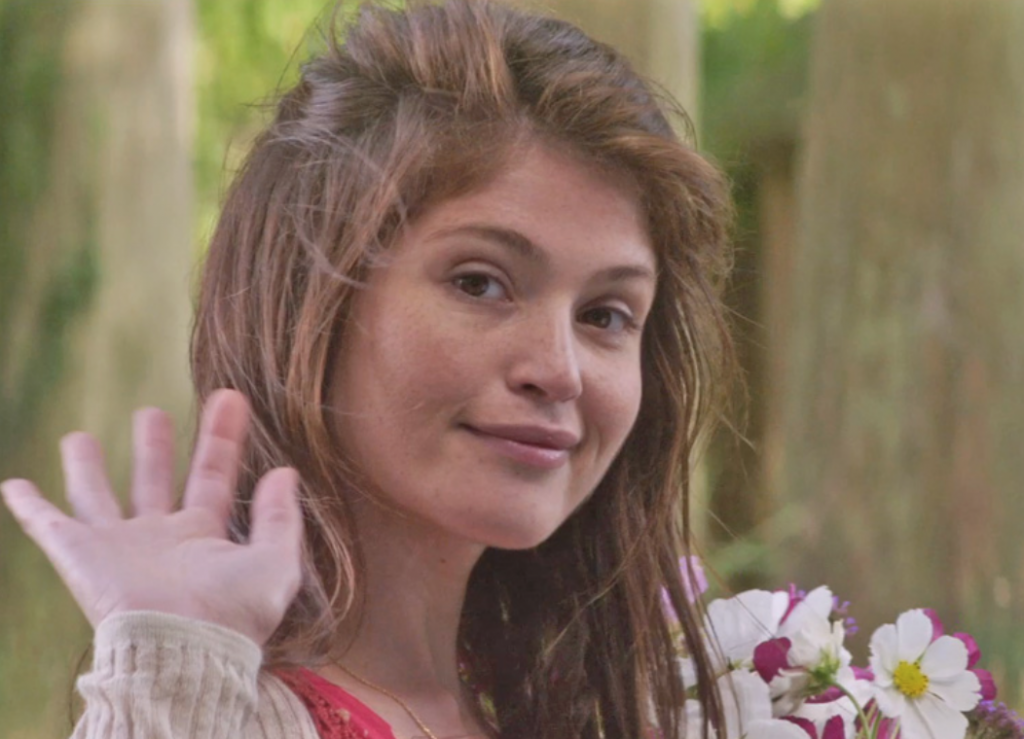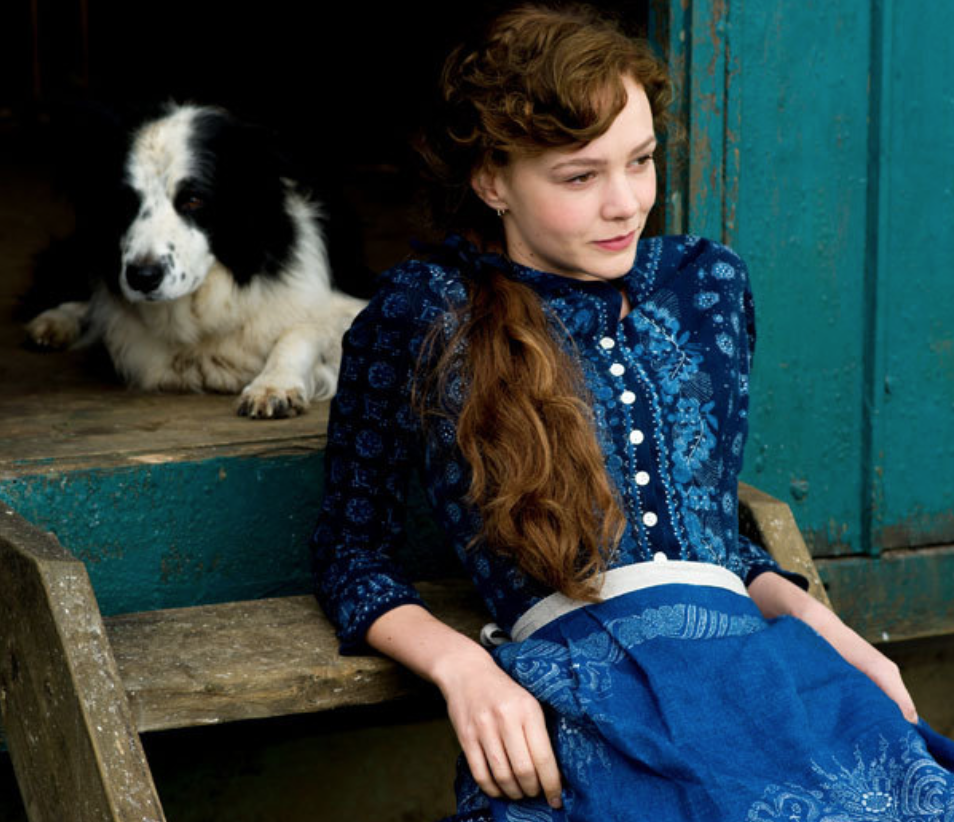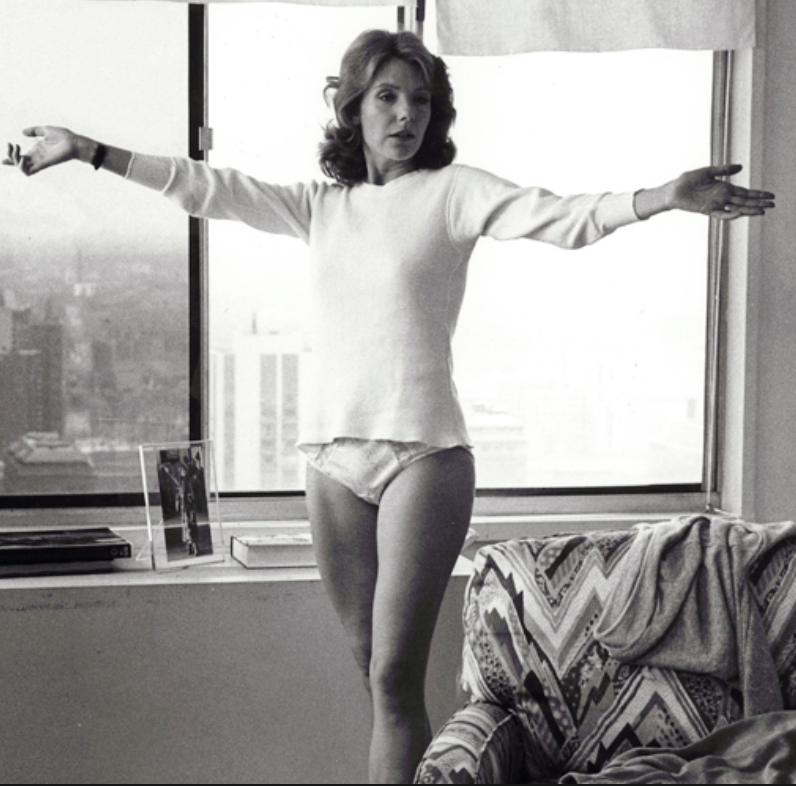 Perhaps to compete with the bounty of the season, movie theaters are full of good-looking trifles this time of year. Some films aren’t just good to look at (witness the feminist revolution lurking in the brilliantly shot fever dream of “Mad Max: Fury Road”); some are so good looking we can scarcely remember anything else about them. That’s certainly the case with “Gemma Bovery,” the latest from director Anne Fontaine (“Chloe,” “Coco Before Chanel”).
Perhaps to compete with the bounty of the season, movie theaters are full of good-looking trifles this time of year. Some films aren’t just good to look at (witness the feminist revolution lurking in the brilliantly shot fever dream of “Mad Max: Fury Road”); some are so good looking we can scarcely remember anything else about them. That’s certainly the case with “Gemma Bovery,” the latest from director Anne Fontaine (“Chloe,” “Coco Before Chanel”).
It’s just as well. Instead of being an adaptation of Gustav Flaubert’s Madame Bovary, “Gemma Bovery” is a French-language adaptation of Posy Simmonds’ eponymous graphic novel loosely based on the 1856 classic; on every level, this film is about the idea of something rather than the thing itself. Fabrice Luchini stars as middle-aged Martin, a former Parisian publisher who’s taken over his father’s bakery in Normandy and now experiences everything, from his dough-kneading to his lightly mocking wife to his dog walks, with the same degree of ennui-inflected pleasure. When English couple Gemma and Charlie Bovery (Gemma Arterton and Jason Flemyng) move in next door, though, literature-obsessed Martin perks up. Upon spying Madame, cheeks and bosom abloom, tromping through the gardens in good Englishwoman boots, his nose quivers like a mole experiencing sunlight for the first time. “It’s the end,” he exclaims in a happily resigned voiceover, “of ten years of sexual tranquility.” Continue Reading →


